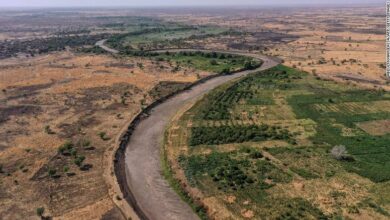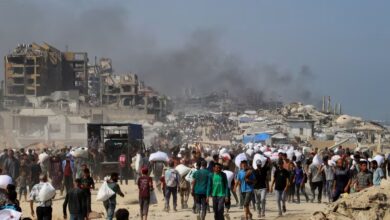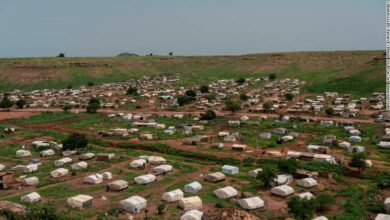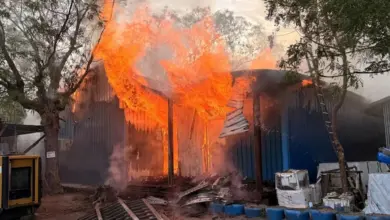Juba — About 34,000 southern Sudanese have fled their homes after tribal clashes over land, water and cattle in recent weeks, a UN humanitarian official said, adding to southern troubles before independence in July.
The oil-rich south voted overwhelmingly to separate from the north in a January referendum, promised as part of a 2005 peace deal that ended decades of civil war in Sudan. At least two million died in the war, which destabilized much of the region.
The euphoria following the south's historic vote has been undermined in recent weeks by a string of violent clashes, including skirmishes between the southern army and rebel militia, as well as traditional tribal fighting over resources.
About 80,000 people fled violence in the region between January and March, some 34,000 of them in the last few weeks, Lise Grande, UN Deputy Resident and Humanitarian Coordinator in Southern Sudan, said Wednesday.
The latest mass displacement was caused by fighting that broke out between communities along border regions in the Lakes and Western Equatoria states before the region's intense rainy season, a UN report said.
Fighting first broke out on 9 February, followed by a second wave from 9 March, the report said.
"In Southern Sudan there is a cycle or pattern to this type of violence…it is resource-based," Grande told Reuters, adding that disputes over land, cattle and water come to the fore as heavy rains arrive in the underdeveloped region.
The seasonal violence compounds the south's other humanitarian pressures as it prepares to form a new African nation in just over three months.
More than 264,000 returnees have flocked to the south since October, the report said.
In Jonglei state at least 18,000 people have been displaced since more than 200 people were killed in early February, when a rebel militia battled the southern army, it added.
The United Nations said the persistent tension and fighting in the south has hindered access to civilians in need.
Analysts fear for the stability of the new nation, given the momentum of its humanitarian crises, along with its troubled relationship with the north and unresolved issues such as sharing oil and the disputed Abyei area.
Last year the United Nations said almost half the southern population was short of food.




